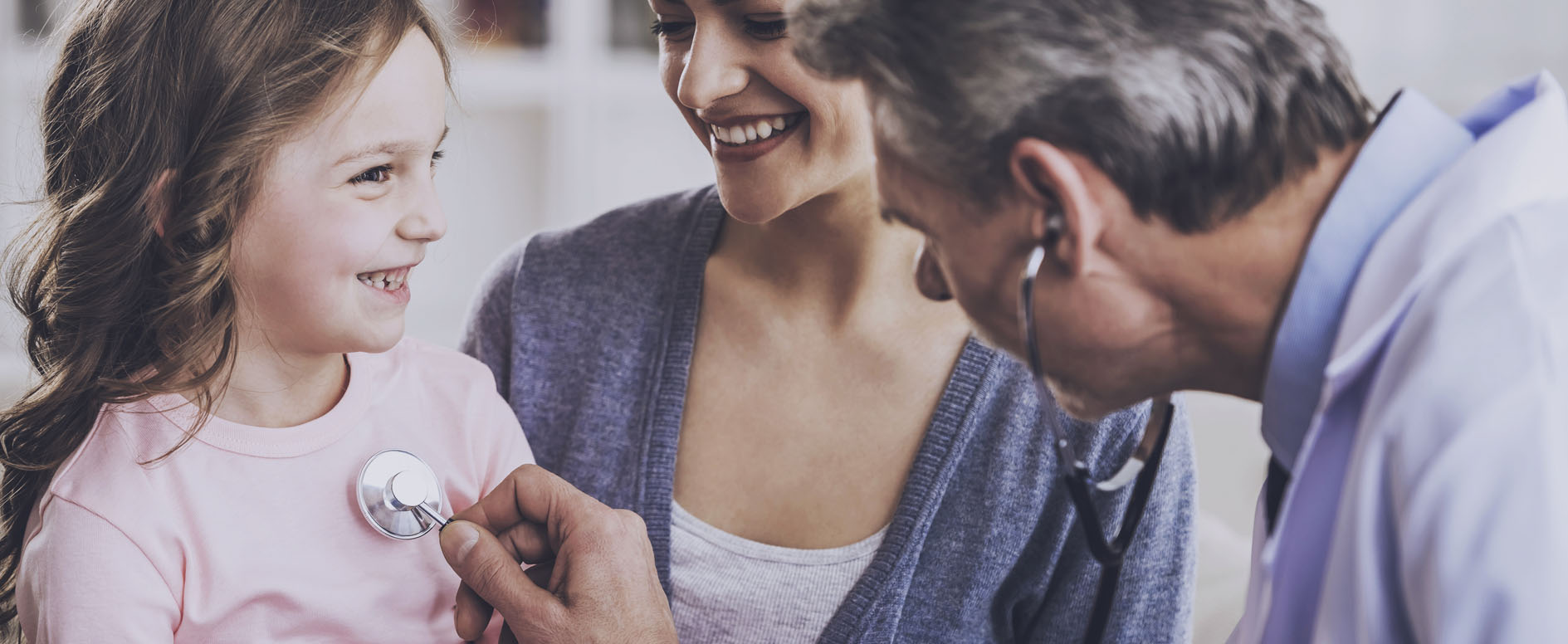
After treatment is completed, follow-up appointments will be scheduled so that your radiation oncologist can make sure your child’s recovery is proceeding normally. Your radiation oncologist, in concert with other members of your team, may order additional diagnostic tests. Reports on your child’s treatment may be sent to the other doctors helping treat your child’s cancer. Continued follow-up in the radiation oncology clinic is recommended to evaluate for long-term side effects of radiation therapy and to ensure that the cancer does not return. As time goes by, the number of times you need to visit your radiation oncologist throughout the year will decrease. However, you should know that your radiation oncology team will always be available should you need to speak to someone about your treatment.
Your team will also refer your child to appropriate specialists for short-term and long-term follow-up. Survivors of childhood cancers often receive survivorship care or care that is provided so that they can stay healthy and do well in their schoolwork or job. During these follow-up visits, your child’s healthcare provider can check for any problems that may happen after cancer and its treatment. These issues can vary depending on the type of cancer, where the cancer was located in the body, and the types of treatment your child received.
Some topics that long-term survivorship care may focus on can include dental and eye care, heart and lung health, and reducing the risk of second cancers. Childhood cancer survivors may also be recommended to receive follow-up with an endocrinologist, a doctor who specializes in endocrine or hormone problems. They may also be referred to follow-up with neurocognitive specialists who can help address issues with learning or memory. Some survivors may have also had cancer treatments that affect organs of the urinary tract (ex. kidneys, bladder, etc.) or affect reproductive organs. In those instances, the child may be referred to specialists who can help with urinary, sexual development or reproduction concerns.






